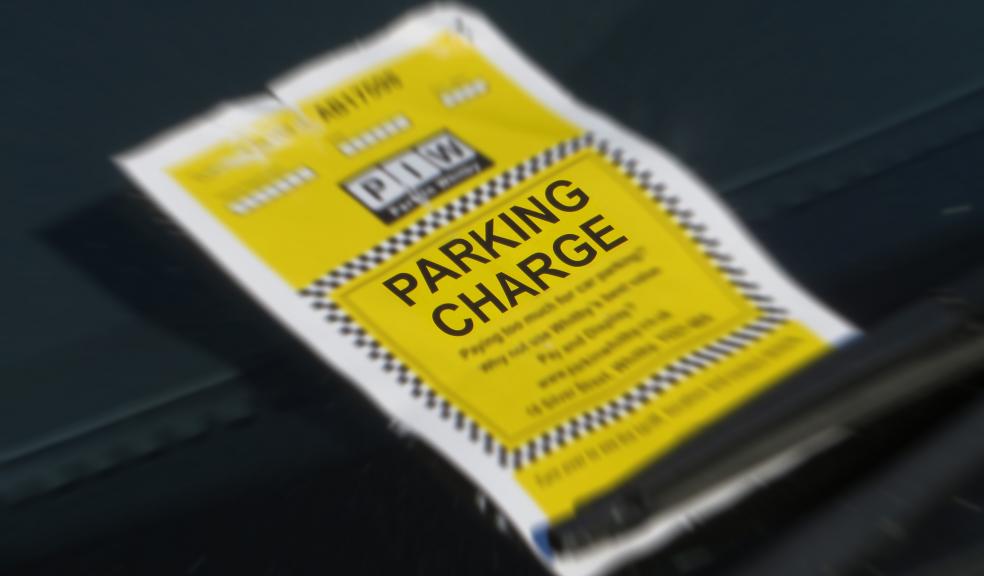
Parking charges provide some local councils with huge cash surpluses
The vast majority of local authorities in England generate a surplus from their parking charges according to figures analysed by the RAC Foundation.
The motoring research charity's data from 2011-12 shows English councils had a total current account surplus of £565 million from their on and off street parking operations.
This figure is a £54 million increase on the £511 million surplus seen in 2010-11.
According to the figures, Plymouth City Council ran a surplus of £458,000 in 2011-12, placing it 207th out of 359 councils in surplus. This is down slightly on its 2010-11 figure of £409,000 and considerably on the £3.08m quoted for 2009-10.
Cornwall Council ranks eighth among English councils with the highest figures, showing a surplus of £7.9m in a top ten otherwise dominated by London authorities (Brighton and Hove is the other exception).
The RAC Foundation say that even where huge ‘profits’ are absent, the picture is still largely one of surplus rather than deficit with just 52 (14%) of the 359 councils reporting negative numbers; and even after capital charges are taken into account, the combined surplus in 2011-12 was still £412 million.
Exeter City Council ranks 38th of councils with a surplus figure of £3.453m for 2011-12.
The data, studied for the RAC Foundation by David Leibling, comes from the annual returns that councils make to the Department for Communities and Local Government.
The figures are based on income from three areas - on-street parking charges, off-street parking charges and parking penalties. The running costs of parking operations are deducted from this total to produce the surplus or deficit figure.
The authority with the biggest income is Westminster Council in London which made a surplus of £41.6 million in 2011-12.
The huge sums being made from local authority parking are revealed just days after a judge declared that Barnet Council had acted illegally in trying to set charges to raise general revenue, rather than as part of its traffic management plan.
Professor Stephen Glaister, director of the RAC Foundation, said:
“For many local authorities, parking charges are a nice little earner, especially in the Capital.
“Not all authorities make big sums. Several run a current account deficit and indeed of those with surpluses many will see the money vanish when capital expenditure is taken into account.
“But the bottom line is that hundreds of millions of pounds are being contributed annually to council coffers through parking charges and the drivers who are paying them have a reasonable expectation to see the cash spent on improving the roads.
“In fact it is enshrined in law – as underlined by the Barnet case last week – that profits gained from on street charges and penalties must be ploughed back into a very limited number of things including maintaining the roads.”
The RAC Foundation's release of the data follows government figures, released on Wednesday, showing that English councils' income from parking charges and fines is likely to continue to rise.
Local Government Secretary Eric Pickles said: "This municipal parking profit shows why we need to review and rein in unfair town hall parking rules. The law is clear that parking is not a tax or cash cow for town hall officers."
Councillor Peter Box, chairman of the Local Government Association's economy and transport board, said: "Parking revenue is spent on paying for parking services.
"Any money left over goes towards transport services like filling potholes, concessionary travel and road improvement projects.
"As the report makes clear, many councils have to subsidise parking services as the cost is not covered by charges.
"Parking charges and fines help councils keep traffic flowing and pedestrians and motorists safe."











